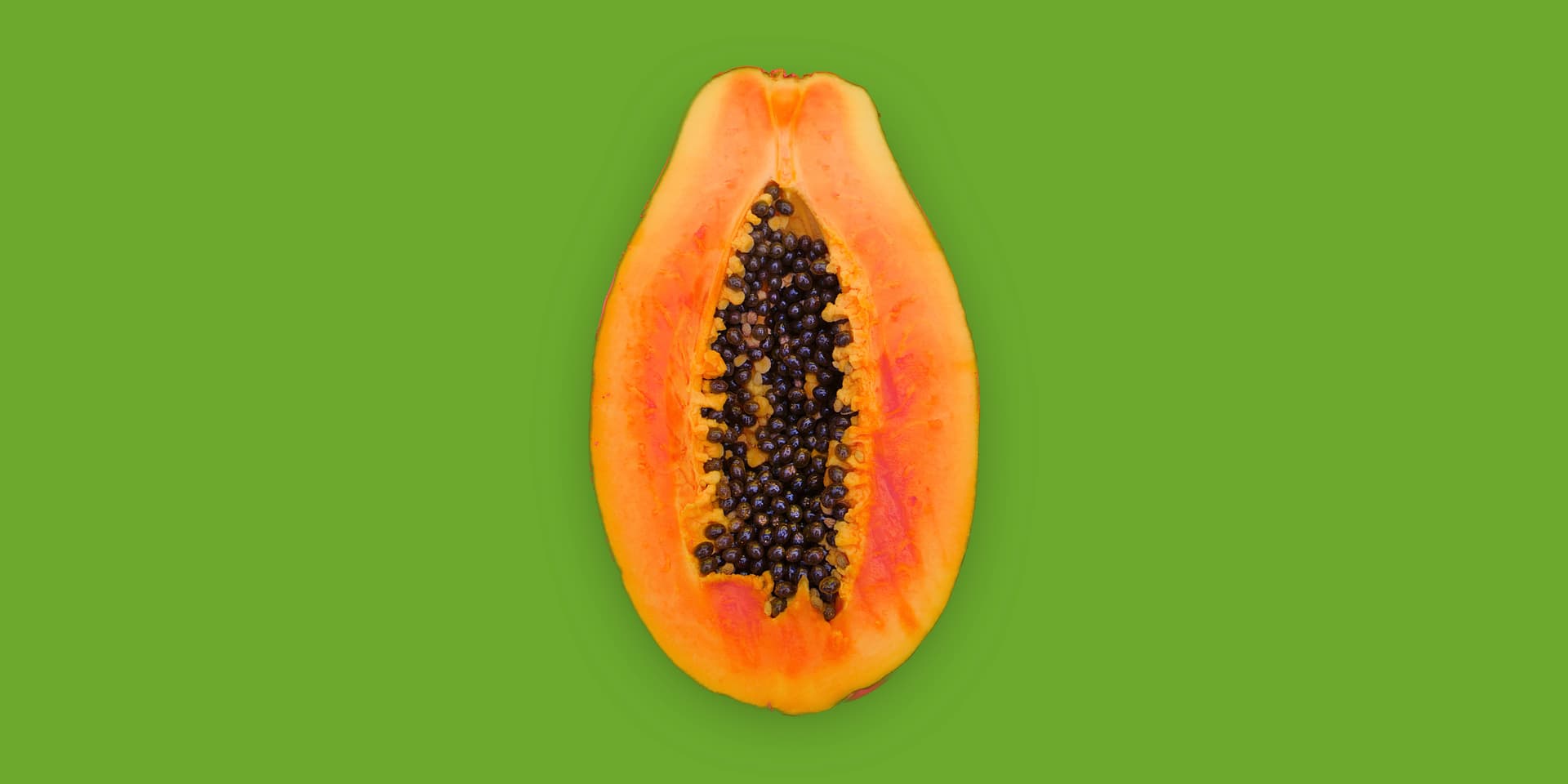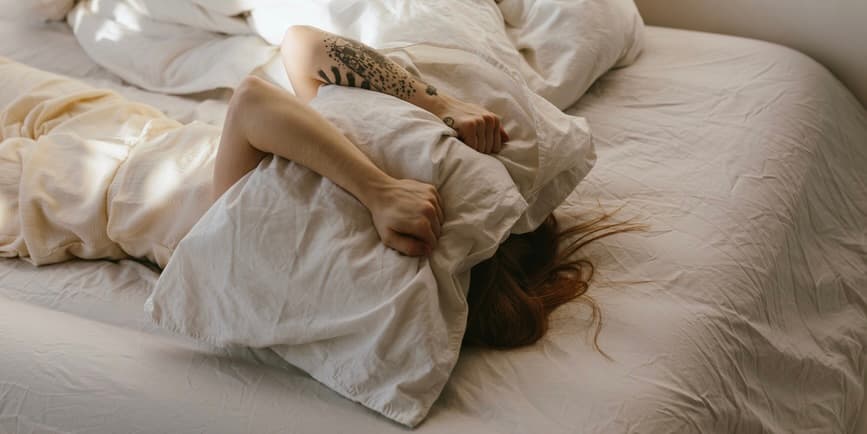
Can you have sex with a yeast infection?

Key Points
- Yeast infections are caused by the Candida fungus. Symptoms of a yeast infection include redness and swelling of the vulva and a thick, white vaginal discharge. You might also notice burning, itching and pain.
- It’s best to avoid sex while you have a yeast infection. Sex can make the infection worse. You could also pass the infection to your partner.
- Prescription medication can help clear up the infection in one to seven days.
Yeast infections are caused by a fungus called Candida. It’s normal to have some amount of Candida in the vagina at any given time. But when too much of this fungus grows, it can cause symptoms like vaginal itching, swelling, thick discharge and general discomfort.
These symptoms alone can make sexual activity pretty uncomfortable. And there are some risks to having sex with a yeast infection. According to experts, it’s best to keep things above the belt until you recover.
Luckily, several treatments can help clear up mild and moderate infections fairly quickly—some in just one dose. And you can get prescription yeast infection treatment online with a $15 Dr. B consultation.
Can you get a yeast infection from sex?
Because you can get a yeast infection without having sex, they’re not considered a sexually transmitted infection (STI). But bacteria in the vagina help control Candida growth. Sex can disrupt this bacterial balance, making a yeast infection more likely.
Also, it’s possible to spread the fungus to your partner. About 15% of partners develop an itchy rash on their penis after having unprotected sex with someone who has a yeast infection. People with vaginas may be at a higher risk of developing a yeast infection if they have unprotected sex with someone who has this infection.
Is it safe to have sex with a yeast infection?
It’s not a good idea to have anal or vaginal sex while you have this type of infection. You also should not receive oral sex. And you should avoid putting anything into your vagina until your infection has cleared up.
Sex can make your symptoms worse. You could spread the infection to your partner. And having sex can make it harder to treat your infection.
When you have a vaginal yeast infection, it’s common to experience vaginal and vulvar swelling. This type of swelling can lead to tiny skin breaks or cuts. Friction from sex can make these worse and possibly cause the fungus to spread.
As symptoms are similar to other vaginal infections, it’s also important to determine whether you have a yeast infection or something like bacterial vaginosis or an STI. (The right treatment depends on the type of infection you have.)
If you’re not sure whether you have a yeast infection or something else, don’t have sex until you’ve seen a medical provider. Otherwise, you could potentially transmit an STI to your partner.
When can I have sex after treating a yeast infection?
It’s a good idea to wait to have sex until you’ve completed the full course of treatment and no longer have any symptoms. While it can be frustrating to wait, finishing treatment before having sex can help you heal faster.
Some topical yeast infection treatments (including over-the-counter creams and ointments) contain oil. These can weaken condoms and potentially rip the condom, increasing the risk of getting pregnant or getting an STI.
How to treat vaginal yeast infections online
Yeast infections are treated with antifungal medications. One dose of medication may be enough for some mild or moderate infections. More complicated infections could require three to seven days of treatment.
Some treatments come as topical creams or ointments that are applied directly to the vagina. Others are inserted into the vagina as a suppository, like Terconazole.
Some people prefer oral medications like Fluconazole (Diflucan) because they are less messy. Most people feel better after one dose. Others need a second dose 72 hours later if they’re not feeling completely recovered.
Need a convenient (and discreet) prescription to treat a yeast infection? Dr. B offers $15 online consultations for same-day treatment—no membership fee, appointment or video visit required. Fill out a short health questionnaire to get started, and we’ll handle the rest!
Sources
Cleveland Clinic. (2020). Can I have sex when I have a yeast infection?
R AN, Rafiq NB. (2023). Candidiasis. StatPearls Publishing.
US Department of Health and Human Services Office of Women’s Health. (2021). Vaginal yeast infections.
Sign up for the free Dr. B newsletter for a weekly report on the latest in healthcare + research-based advice for staying healthy and mentally well.





